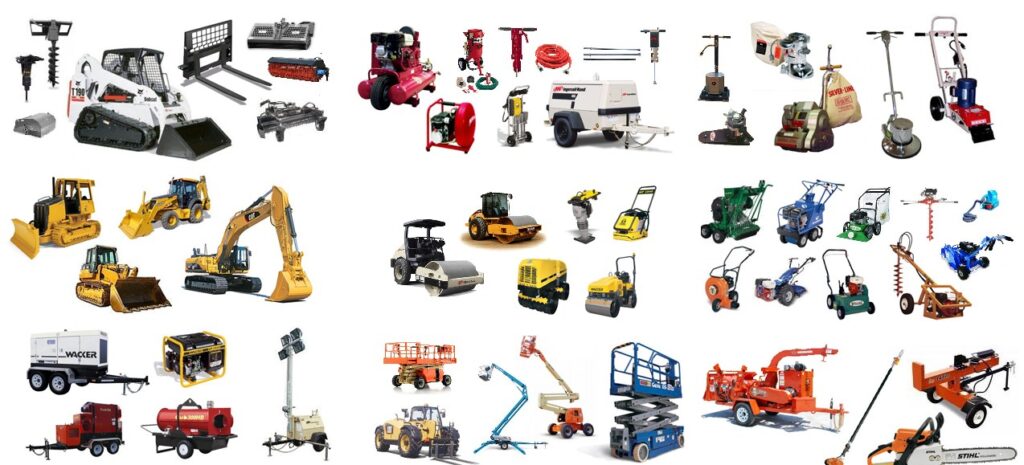
Introduction
In today’s dynamic business landscape, staying agile and efficient is paramount. For many businesses, accessing specialized equipment without the burden of ownership is a game-changer. But how does equipment rental work in 2024? Dive into this detailed guide to unravel the intricacies of equipment rental processes, empowering you to make informed decisions and streamline operations.
How Does Equipment Rental Work 2024
Understanding Equipment Rental Contracts
Navigating through equipment rental contracts can be daunting, but it’s crucial to understand the terms and conditions thoroughly. Rental contracts typically outline rental durations, costs, maintenance responsibilities, and liability clauses. Familiarize yourself with the contract specifics to avoid any surprises down the road.
Exploring Rental Options
The equipment rental landscape offers various options tailored to diverse needs. From short-term rentals for specific projects to long-term agreements for ongoing operations, explore the range of rental options available. Assess your requirements carefully to determine the most suitable rental arrangement for your business.
Selecting the Right Equipment
Choosing the right equipment is pivotal for optimal operational efficiency. Conduct a thorough assessment of your project or business needs to identify the equipment specifications required. Consider factors such as capacity, functionality, and compatibility with existing infrastructure when selecting equipment for rental.
Ensuring Equipment Maintenance
While rental equipment alleviates the burden of ownership, proper maintenance remains essential for optimal performance. Clarify maintenance responsibilities outlined in the rental agreement and establish a proactive maintenance schedule. Regular inspections and servicing can prevent downtime and ensure the longevity of rented equipment.
Understanding Rental Costs
Cost considerations play a significant role in the equipment rental decision-making process. Beyond the base rental fee, factor in additional costs such as insurance, delivery charges, and taxes. Request a detailed breakdown of costs from rental providers to accurately evaluate the total expense involved.
Managing Rental Logistics
Efficient logistics management is crucial for seamless equipment rental operations. Coordinate delivery and pickup schedules with rental providers to minimize disruptions to your workflow. Ensure clear communication regarding site access, equipment placement, and any special requirements to facilitate smooth logistics.
Navigating Insurance Coverage
Insurance coverage is a critical aspect of equipment rental agreements, offering protection against unforeseen circumstances. Understand the insurance provisions outlined in the rental contract, including coverage limits, deductibles, and liability terms. Evaluate the need for additional insurance options to safeguard your business interests comprehensively.
FAQs (Frequently Asked Questions)
What are the advantages of equipment rental?
Equipment rental offers flexibility, cost-effectiveness, access to specialized machinery, and eliminates the burden of ownership.
How long can I rent equipment for?
Rental durations vary based on your needs, ranging from daily, weekly, monthly, to long-term arrangements spanning years.
Who is responsible for equipment maintenance during the rental period?
Maintenance responsibilities are typically outlined in the rental contract, specifying whether the rental provider or the renter is responsible for upkeep.
Are there any hidden costs associated with equipment rental?
While rental costs are transparent, it’s essential to inquire about additional expenses such as insurance, delivery fees, and taxes to avoid surprises.
Can I customize rental agreements to suit my specific needs?
Yes, rental agreements can often be tailored to accommodate unique requirements, provided both parties agree to the terms.
What happens if rented equipment gets damaged or malfunctions?
Rental contracts typically outline procedures for addressing damages or malfunctions, including repair protocols and liability arrangements.
Conclusion
Navigating the realm of equipment rental in 2024 requires a strategic approach and a thorough understanding of the processes involved. By following these steps and insights, you can confidently harness the benefits of equipment rental to drive efficiency and productivity in your business operations.
